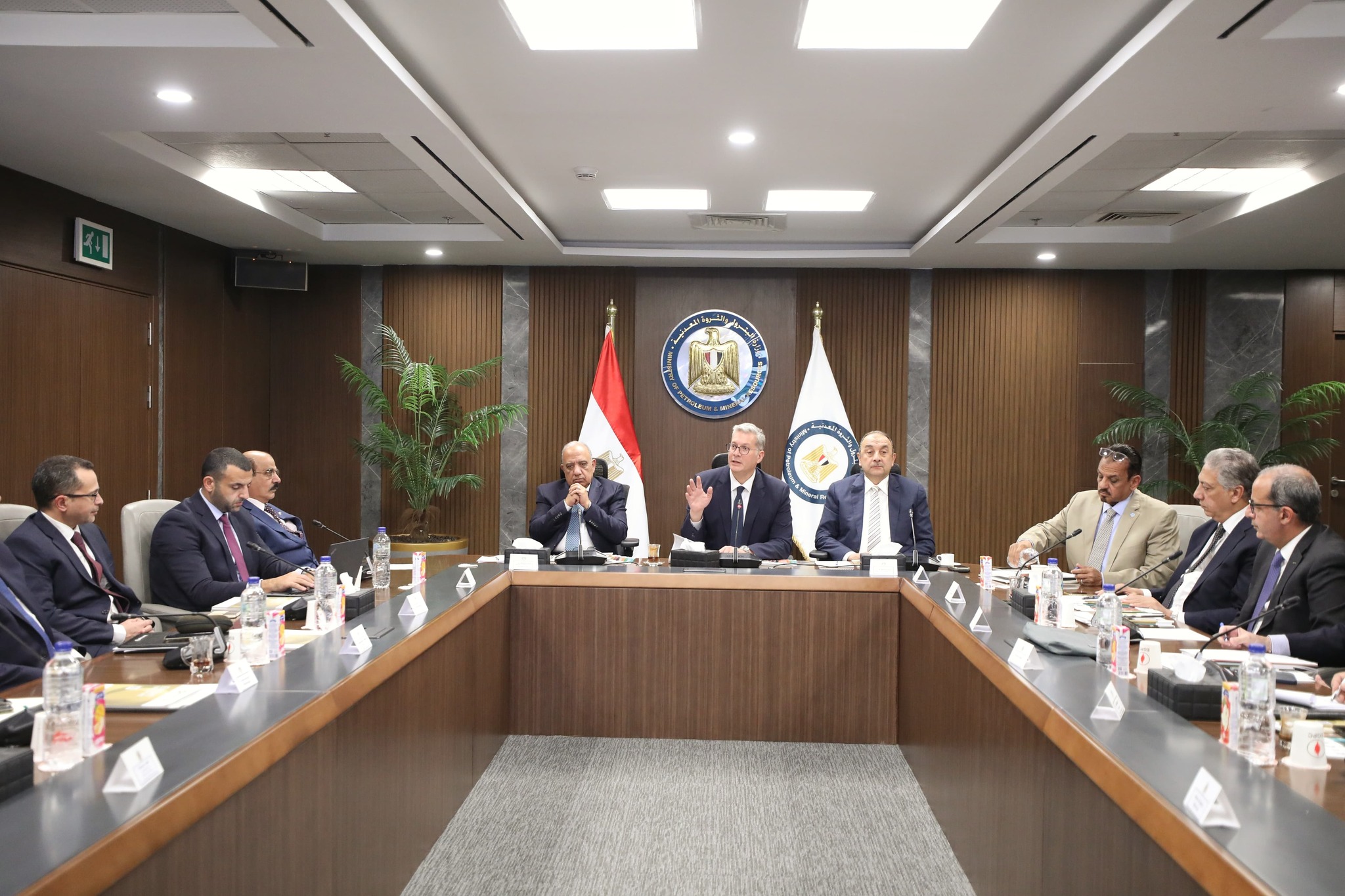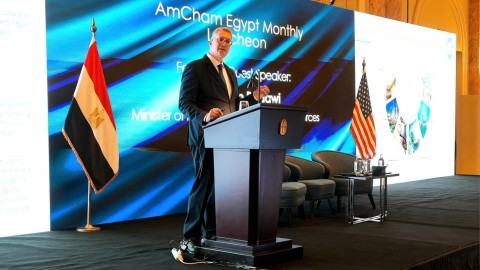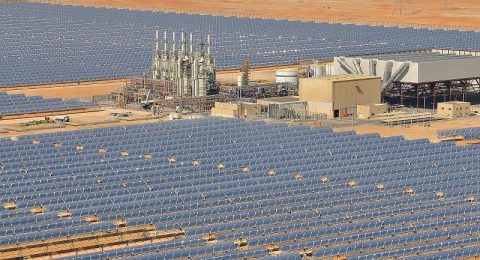The Supreme Committee of EGYPES International Energy Conference and Exhibition 2025 held its first meeting under the chairmanship of Minister of Petroleum and Mineral Resources Karim Badawi in the presence of Mahmoud Essmat, Minister of Electricity and Renewable Energy; Mohamed Shemy, Minister of Public Business Sector; several petroleum sector leaders; heads of Egyptian and international oil, gas, and energy companies; officials; and representatives of international energy organizations.
During the meeting, Badawi stated that cooperation and consensus in the new government opens new horizons for achieving successes and sustainable development goals for Egypt.
The upcoming EGYPES conference is witnessing increasing interest from various companies operating in the various energy and industrial fields wishing to participate in its activities and the accompanying exhibition, Badawi highlighted.
Badawi further pointed to the cooperative work between the Ministries of Petroleum and Electricity to increase the contribution of new and renewable energies to the Egyptian energy mix to 42% by 2030.
In his remarks, Minister of Electricity and Renewable Energy, highlighted the ongoing collaboration between the Ministries of Petroleum and Electricity to establish an energy strategy for Egypt, which addresses numerous opportunities for the development, improvement, and sustainability of the country’s energy future. He emphasized that the conference presents an opportunity to discuss the challenges facing the energy industry and the future of green energy and hydrogen, underscoring the importance of modern technologies in achieving these goals.
Meanwhile, Minister of Public Business Sector, noted that the conference provides a significant opportunity to deepen relationships among various participating sectors, both locally and internationally, facilitating the implementation of developmental plans. He stressed the importance of localizing supporting industries in the energy sector, enhancing energy efficiency, and adhering to health, safety, and environmental principles to achieve sustainable development goals. He also pointed out that developing human capital skills is one of the key elements in achieving success.
The meeting featured fruitful discussions and proposals from attendees on critical issues and topics slated for the next edition of the conference. Key points included strategies to increase oil and gas production, the integration of modern technologies in exploration and seismic research—particularly through the use of artificial intelligence—and the enhancement of participation from entities in the electricity, renewable energy, public business sector, and environmental domains in conference activities.
Additionally, discussions covered equitable energy transition and the role of natural gas as a transitional fuel, as well as the significance of green energies, especially hydrogen. Other focal areas included energy efficiency, the development of aging fields, training programs for young professionals, and their preparation for the future of energy. The state of global oil and energy markets, the challenges facing the industry, supply stability and sustainability, and the crucial role of cooperation and partnership in overcoming these challenges and achieving objectives were also key topics of discussion.
Attendees reaffirmed Egypt’s vital role as a regional energy hub and a gateway to the African continent, highlighting the necessity of leveraging existing infrastructure to promote regional energy cooperation in both the Eastern Mediterranean and across Africa.









